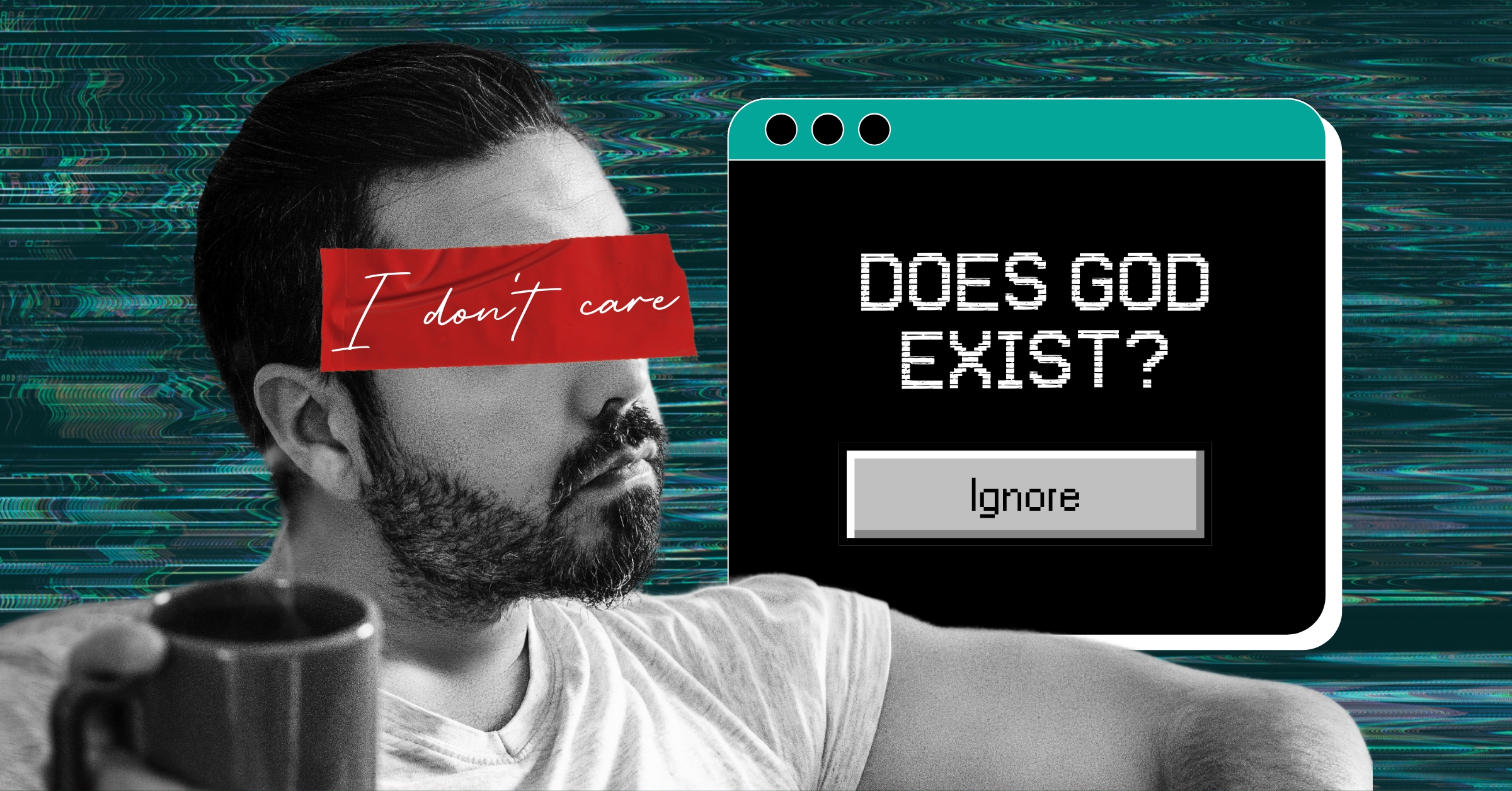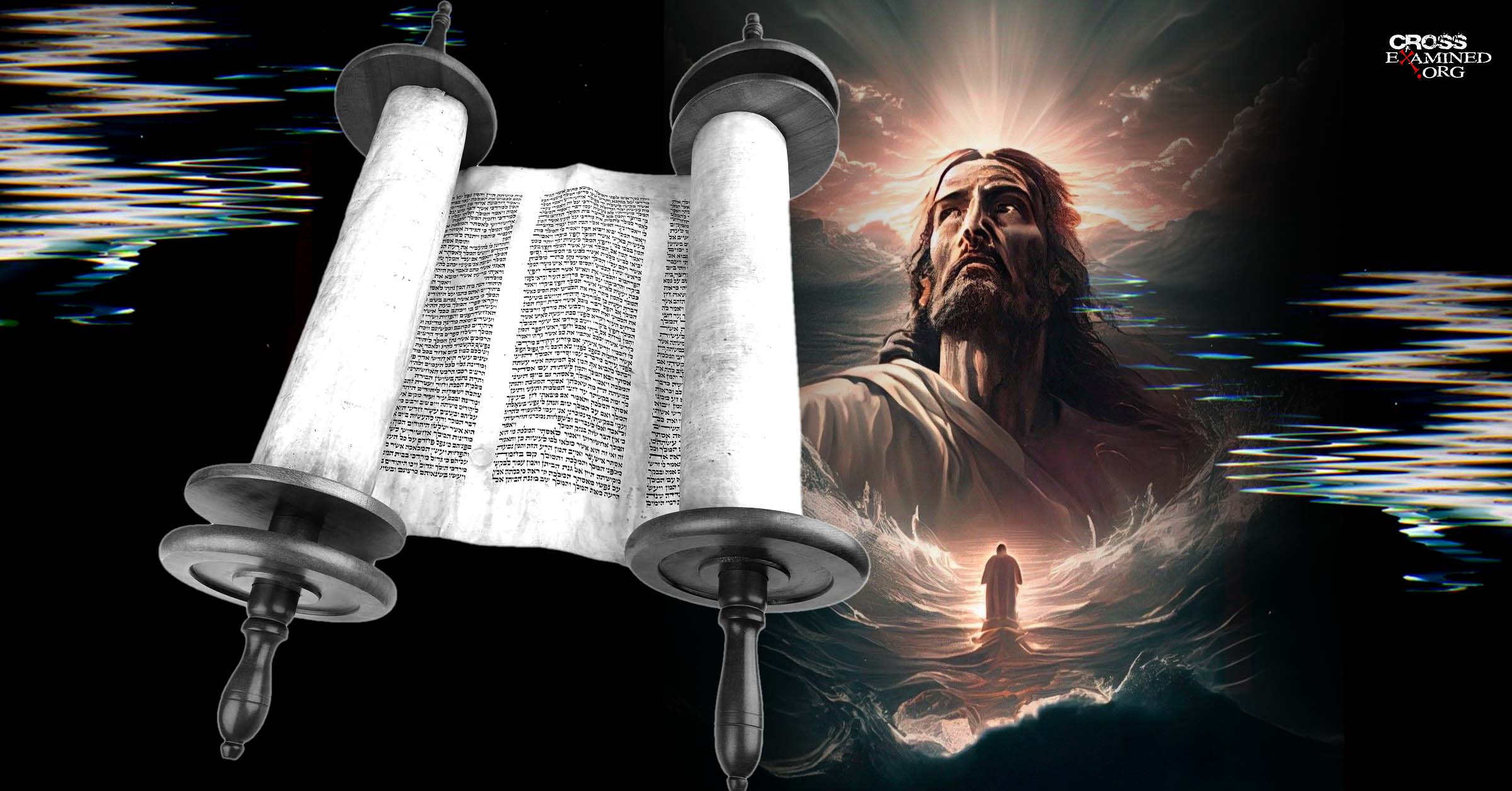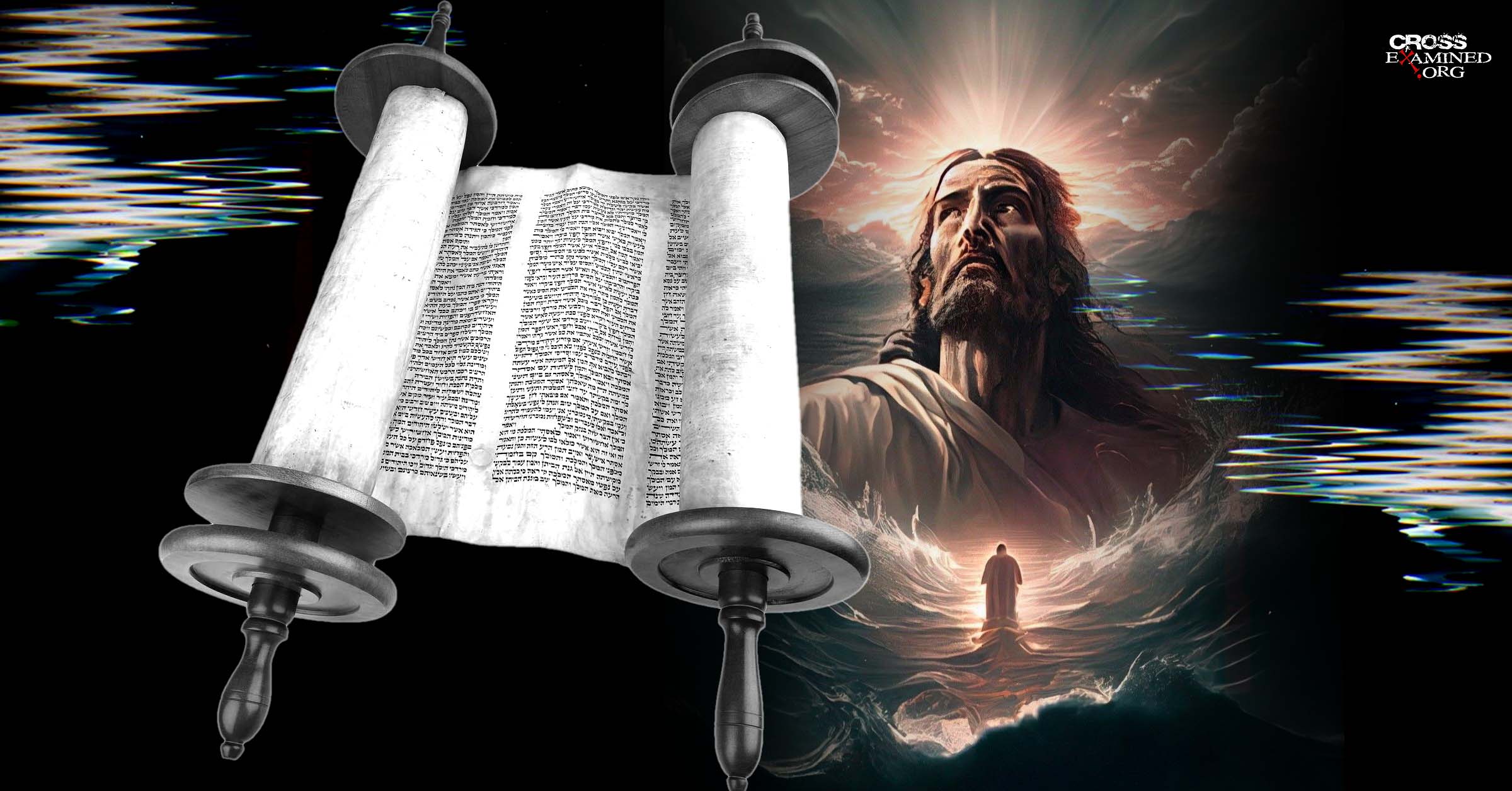Imagine arriving at the lake each Sunday at 10AM to capture the mad skills of a gifted fisherman as he captures your lunch for the day. In doing so, do you think you’d learn to fish for yourself by simply marveling at his skills? Not likely. Sure, you’d learn some ins and outs about the sport, but you wouldn’t learn to fish for yourself. That’s because fishing is learned through participating not mere spectating. As the saying goes, “Give a man a fish and you’ll feed him for a day but teach a man to fish and you’ll feed him for a lifetime.” It turns out that fishing is not only caught but taught. Similarly, when it comes to studying the Bible, many of us are like the spectator discussed above. We show up each week at 10AM for church, we marvel at the expositional skills of the pastor as he unpacks for us the weekly Word, yet we leave, bereft of our own skills to study the Bible. In many ways, Bible study methods should be discipleship 101 and yet there’s no shortage of Christians who’ve attended church for years without a single crash course on how to study the Bible. So here it is. A three-part crash course designed to equip you to study God’s Word on your own. To do this, I will devote three blogs to help you develop an approach to Bible study by using three words every serious student of the Bible is familiar with, namely, observation, interpretation, and application.
When it comes to Bible study, observation asks the question, “What do I see?” Interpretation asks the question, “What does it mean?” And application asks the questions, “How does it work?”
Observation: What do I see
Interpretation: What does it mean?
Application: How does it work?”“
It’s been said, “The difference between a good Bible student and a great one is the great one simply sees more. In this blog series I’ll introduce you to three acrostics using these key words to hone your Bible study skills. Beginning with observation, here’s how it looks, acrostic style: O.B.S.E.R.V.A.T.I.O.N.
Observe Prayerfully
The Psalmist captures this idea nicely when he writes, “Open my eyes that I may see wonderful things in your law” (Psalm 119:18). Similarly, as we delve into God’s Word it’s good to ask the Lord to open our eyes to accurately understand Scripture.
Begin by Seeing the Big Picture
You can do this by reading the passage you’re studying several times to get a feel for the lay of the land. What you’re in search of is the overarching idea. The point of the passage. The big idea.
Select the Style of Literature
This is important. Not all Scripture is to be approached in the same manner. That’s because the Bible is comprised of various genres such as narrative, history, law, poetry, wisdom, prophecy, gospel, epistle, and apocalyptic. If you approach historical sections as metaphorical or apocalyptic portions as overly literal, you’ll soon find yourself in theological trouble when you arrive at the interpretation stage.
Explore any Commands to Follow
It’s helpful to know if the passage before you has any commands to follow, but also crucial to remember where you are in the Bible as it relates to the given command. That’s because some commands no longer hold. If you aren’t careful, you may find yourself feeling bound to commands that already served their purpose but are no longer required. This is especially true as it relates to the Old Testament dietary law that was clearly eradicated with the inauguration of the New Covenant.
Record any Warnings Given
Warnings are evident throughout Scripture. All the way from Adam’s warning in the Garden of Eden to not eat of the tree of knowledge of good and evil (Genesis 2:17) to the warning in Revelation to not add to God’s Word (Revelation 22:18-19). When the Bible issues a warning, observe it. Warnings are God’s way of trying to protect us. Therefore, stay alert.
Venture to Find Promises Proclaimed
This can be tricky, so be careful. Not every promise is recorded directly for us. We’ve all seen the abuse of Jeremiah 29:11, which refers to God’s promise to prosper His people after their time in captivity is fulfilled. Many of the people who would’ve heard this original message died in Babylon never to see it come to fruition. Knowing how to apply promises is crucial, especially to protect people from being disillusioned by God all because they claimed a promise that wasn’t intended for them.
Ask and Answer Questions of the Text
Perhaps you remember your six interrogative friends from grammar school. If not, no worries. These friends of old are Who, What, Why, Where, When, and How? We want to ask those questions of the passage we are studying. Who is it talking about? What is the big idea? Why was it written? How does it apply? You get the point.
Target Key People and Places
Here you’re looking to discover who the author is, who the recipients are, e.g., are they Jews, Gentiles, or both? You also want to discern the place from which the book was written and the location it was written to. Identifying key people and places will help you put the pieces of the puzzle together so you can capture a clear picture of the passage before you.
Inspect for Contrasts, Comparisons, and (Apparent) Contradictions
The contrasts may be between light and darkness, or sin and holiness, or truth and error. Comparisons might be between the rich and the poor, or the wise and the foolish, or a leader and his followers, or perhaps between heaven and hell. Regarding apparent contradictions, there are lots of them, but none of them lacks an explanation, so be encouraged.
Overview your Discoveries in Light of the Context
Here it’s important to remember that every text has a context. For example, consider Proverbs 5:15 says, “Drink water from your own cistern, flowing water from your own well.” Absent of context we’d never know that this is talking about enjoying sexual intimacy with one’s own spouse versus drawing sexual satisfaction from another person’s spouse. Wells in the ancient world were privately owned. You weren’t to steal another person’s water, but drink from your own well. So too in marriage, we’re to stick to our own spouse. Enjoy our own well. You see, context is key.
Note Words that are Repeated and Emphasized
Doing this will help you unlock what the passage is about. For example, turn over to Psalm 150 for a quick read and you’ll see what I mean. It doesn’t take a rocket scientist to recognize that the key word is praise, which clearly indicates the theme of the Psalm.
If you want to practice your observations let me encourage you this week to take this acrostic and read Philippians once a day over the next week, while jotting down your observations. You’ll be amazed at what you discover. And more importantly, you’ll be ready for the next stage, which is interpretation. But for that acrostic you’ll have to wait for the next blog. Till next time.
O.B.S.E.R.V.A.T.I.O.N., in review:
Observe Prayerfully
Begin by Seeing the Big Picture
Select the Style of Literature
Explore any Commands to Follow
Record any Warnings Given
Venture to Find Promises Proclaimed
Ask and Answer Questions of the Text
Target Key People and Places
Inspect for Contrasts and Comparisons & Apparent Contradictions
Overview your Discoveries in Light of the Context
Note Words that are Repeated and Emphasized
Recommended Resources Related to This Topic
How to Interpret Your Bible by Dr. Frank Turek DVD Complete Series, INSTRUCTOR Study Guide, and STUDENT Study Guide
Why We Know the New Testament Writers Told the Truth by Frank Turek (mp4 Download)
The Top Ten Reasons We Know the NT Writers Told the Truth mp3 by Frank Turek
Counter Culture Christian: Is the Bible True? by Frank Turek (Mp3), (Mp4), and (DVD)
Oh, Why Didn’t I Say That? Is the Bible Historically Reliable? by Frank Turek DVD, Mp4, Mp3 Download.
Living By the Book by Howard Hendricks (Book, Full DVD set, and Condensed DVD set)
How to Read the Bible for All It’s Worth by Gordon Fee and Doug Stuart (Book)
The New Joy of Discovery in Bible Study by Oletta Wald (Book)
Bobby serves as lead pastor of Image Church in Charlotte, North Carolina, and is well known for his YouTube ministry called, One Minute Apologist, which now goes by the name Christianity Still Makes Sense. He also serves as the Co-Host of Pastors’ Perspective, a nationally syndicated call-in radio show on KWVE in Southern California. Bobby earned his Master of Theology degree from Dallas Theological Seminary, his Doctor of Ministry in Apologetics from Southern Evangelical Seminary, and his Ph.D. in Philosophy of Religion from the University of Birmingham (England) where he was supervised under David Cheetham and Yujin Nagasawa. Bobby’s also written several books including: The Fifth Gospel, Doubting Toward Faith, Does God Exist, and Fifty-One other Questions About God and the Bible and the forthcoming Christianity Still Makes Sense to be published by Tyndale in April 2024. He’s married to his lovely wife Heather and together they have two grown kids: Haley and Dawson.










